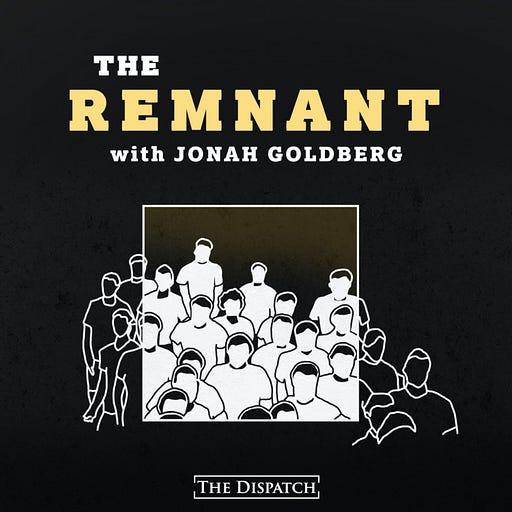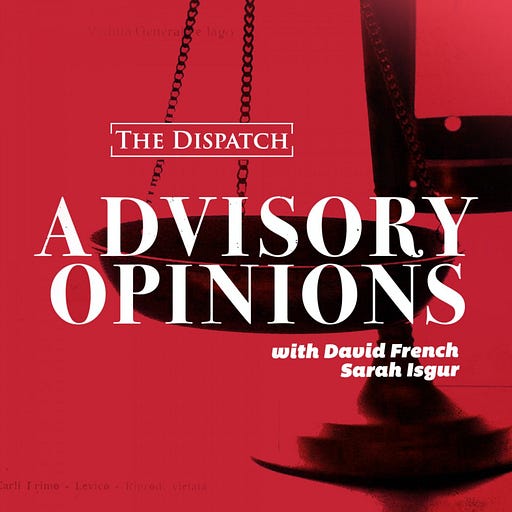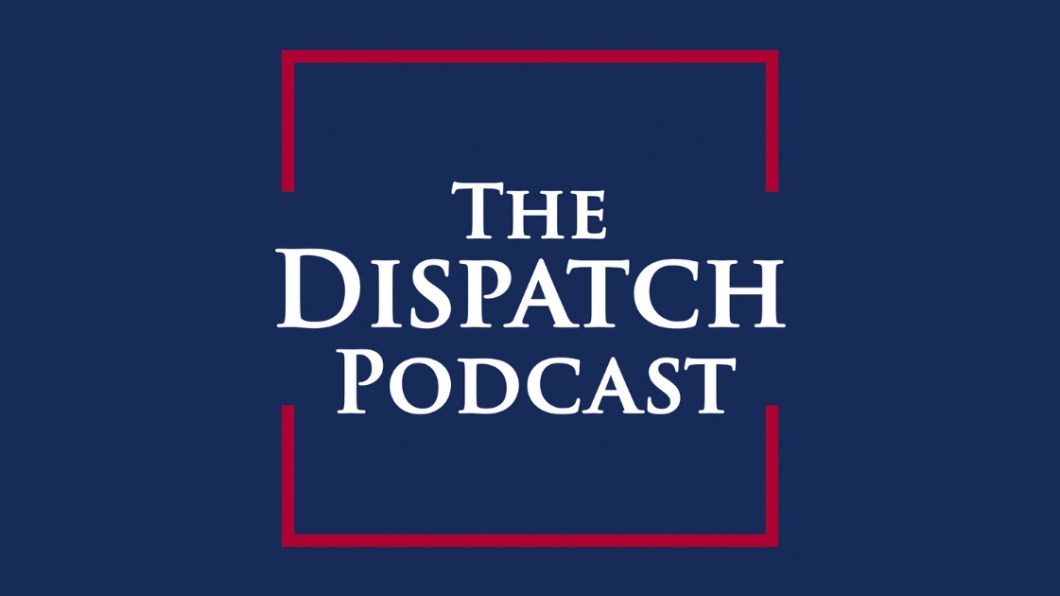Why Should Christians Care About People in Prison?

Jesse Wiese robbed a bank and spent eight-and-a-half years in prison.
After he served his time, he experienced the challenges of reentering society. He joined the Prison Fellowship, graduating from law school, and is now the vice president of program design and evaluation at Prison Fellowship. Now he spends his time attempting to help fellow imprisoned people flourish after serving time in prison.
In this episode, Jesse shares his remarkable journey from bank robber to attorney, while David and Curtis discuss the church’s proper spiritual approach to criminal justice, prison reform, criminal justice reform, and the difference between justice and vengeance.
Show Notes:
-Visiting Prisoners in Jesus’ Day: Helping detained people was a shocking calling in the first century by David Stubbs in Christianity Today.
–The Sentencing Project: The Sentencing Project advocates for effective and humane responses to crime that minimize imprisonment and criminalization of youth and adults by promoting racial, ethnic, economic, and gender justice.
-Locked Out: Voices from America’s Second Prison by Jesse Wiese (Editor): Interviews with former prisoners as they relate the ongoing consequences of incarceration long after their debt to society has been paid.
-Matthew 25:31-40: The Scripture which includes, “I was in prison and you came to visit me.”
-Prison Fellowship: Founded in 1976, Prison Fellowship® exists to serve all those affected by crime and incarceration and to see lives and communities restored in and out of prison.
-After Life: My Journey from Incarceration to Freedom Hardcover by Alice Marie Johnson (author), Kim Kardashian (foreword), and Nancy French (collaborator): The true story of the woman whose life sentence for non-violent drug trafficking was commuted by President Donald Trump thanks to the efforts of Kim Kardashian West.
Hosts: David French and Curtis Chang
Producer: Victoria Holmes



